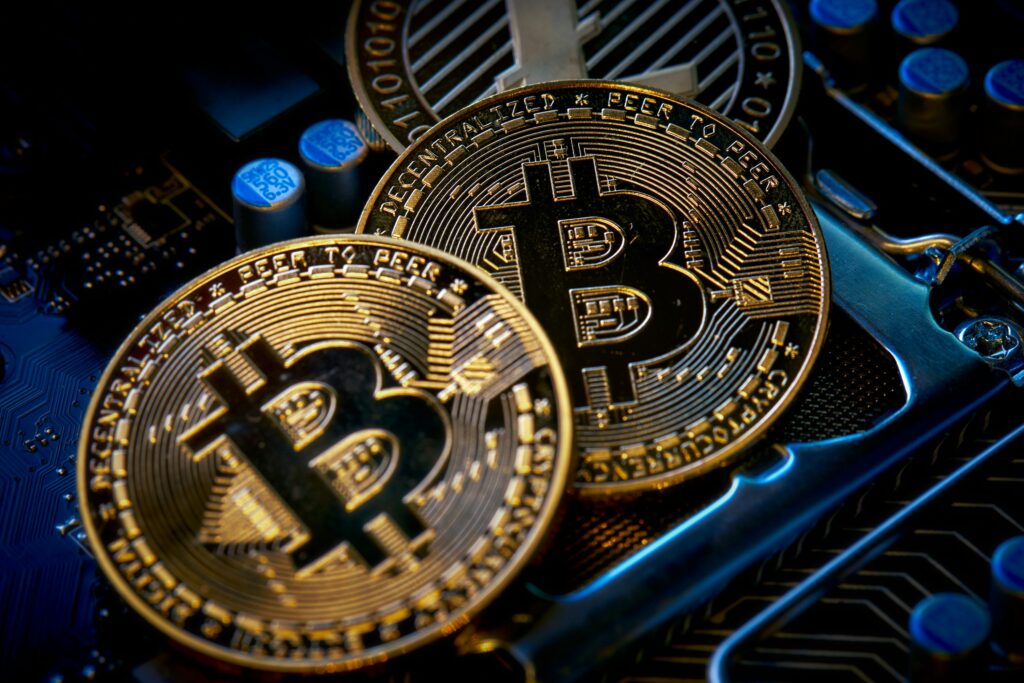
KPMG’s executive survey of KPMG offers an annual view of the curtain on issues that keep senior entrepreneurs at night. Every year, hundreds of leaders answer the call from Big 4 accounting to speak frankly and unknown on the main issues that need to be solved, 400 participated in the 2025 version. CEOs have a message to America: they are not sure, well, anything.
Timothy Walsh – Timothy Walsh – told Timothy Walsh – that they were struggling with uncertainty in several different areas of their work. This is well documented and expected, Walsh said luck In an interview. “There is this year, as you expect, a general conversation about the uncertainty in business,” he said, adding that he was at least encouraged to see “alignment” in terms of topics in C-SUite talks.
In exfoliation of the survey data, Walsh revealed that the large, unanimous majority (89 %) says that the definitions “will greatly affect” the performance of their work and operations over the next three years. Nearly 86 % said that their company would increase prices as needed. They are working hard to circumvent this, as 85 % say that their company will reap to transform its sources of sources to reduce the effect as much as possible. The landscape is so sure that almost every CEO says they need to make a kind of change: 79 % said they have adapted their growth plans.
Spoke luck About uncertainty about customs tariffs and AI, and the importance of confidence in a climate of uncertainty. Walsh said that CEOs are interested in other advanced technology with terrifying capabilities.: Internet and quantity. “This frankly keeps me at night.”
The quantum challenge for cybersecurity
Cyber security risks remain high, especially with quantum computing approaches. As for the progress of quantum computing, Walsh said that one day he could one day be able to break all encryption, and companies tell him that they are doing full assessments. Walsh warned that it is a “massive effort” to ensure that they are not exposed when this quantum computing capacity reaches.
In addition to the mixture of artificial intelligence customers, Walsh said: “In many cases, an investment of the type of nationalism”, it is very concerned about malicious technologies and technologies of the rising DEPFAKE type. Over the next three years, 82 % of the voting chiefs of executives said that electronic crimes and cybersecurity were a higher trend that might harm their organization. The danger of the Internet was generally the second highest pressure behind the short -term decisions of senior executives. The most anxious executive chiefs about the discovery and prevention of fraud (65 %) and theft of identity (52 %), but they also said they had plans to mitigate.
All that is said, Walsh said that the CEOs “are optimistic that they see many growth chances.” The economy was amazingly strong despite every uncertainty, the technology sector leads a very strong securities market, and even indicated that some “large deals and transactions” exist when it comes to dancer and games. “Capital flows started to move and (be) more liquid.”
Definitions and artificial intelligence element
He said Walsh luck It is clear that the customs tariff is the first thing in the mind of all the CEO. And not only the truth of the definitions, but the possible changes to the definitions, and “uncertainty about whether these definitions will continue to change.” There is a tremendous need for companies not only thinking about what will change but to get graceful enough to work on their supply chains to be ready for the future, still unconfirmed, the upcoming changes. To this end, 34 % of the survey executives said that the supply chain flexibility is the highest pressure that leads short -term decisions, followed by the risk of cybersecurity (29 %) and global economic uncertainty (25 %).
Walsh emphasized that the customs tariff provides a multi -dimensional challenge for executives. “Executive managers with whom I speak are dealing with the effects of tariffs in three areas: cost cost, improving the supply chain including assembly, bullie considerations, and pricing in the end.” He said KPMG actively works with customers in all these areas and yes, artificial intelligence is part of this transformation as well. The emergence of artificial intelligence is another layer of uncertainty that is added to the image, but Walsh said that it helps many executives: “AI is not just a efficient play, executive presidents focus on creating their business models and providing new revenue flows and products.”
Hourglass is the coming Amnesty International?
Walsh said that the capabilities of artificial intelligence changed quickly, and he admitted that companies began to restructure in response. The poll found that the CEOs “often see a form of the sandy hour” for their organizations in the next three years, noting that this is a typical matter with every new technical publication. He added, “No one knows exactly where (the shape of the workforce) is heading … It is a challenge to predict as artificial intelligence rapidly advances.” In the poll, 35 % said they are planning for workforce discounts in some areas over the next two or five years due to artificial intelligence, 69 % see one hour with higher numbers of leaders and workers early in the middle (16 % said a vertical triangle, 13 % of the triangle and 2 % of the counterfeit importance).
Managers face new responsibilities, and to manage the difference with integrated artificial intelligence agents, for example. Walsh said that some CEOs describe the difference with both people and artificial intelligence agents, “and the managers of these teams must guarantee (that) the agents steps in the workflow process, and that the agents have good inputs of data so that their outputs can be relied upon, and these outputs are constantly reviewing.” Executive managers included in the poll said 86 % of them believe that artificial intelligence agents become members of the guaranteed team next year, and Half Think managers will be primarily responsible for managing the performance of artificial intelligence agents instead of human resources or that.
Walsh agreed with luckReports that “human skills” is still important as the application of artificial intelligence shows the necessity of reviewing the outputs of artificial intelligence. “Human skills are very important,” Walsh said. Although KPMG invests and spends time compensating for its workers for artificial intelligence and providing them with tools and licenses, it still states that “relations between man to man to man is very important … internally and externally. Confidence is more important than ever. Building confidence in our teams and ensuring that we can trust technology outputs such as AI”. He added that confidence in the climate is not certain. The higher change that executive managers see is to maintain and re -train talent (75 %), followed by redesign roles to reflect artificial intelligence cooperation (65 %) and employ a talent capable of artificial intelligence (64 %).
The post KPMG chief on CEOs’ uncertainty on tariffs, the emerging AI ‘hourglass’ org shape and the thing ‘that honestly keeps me up at night’ first appeared on Investorempires.com.



